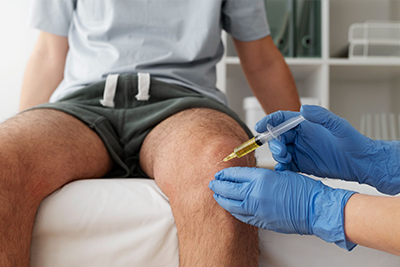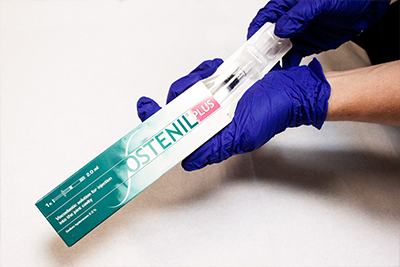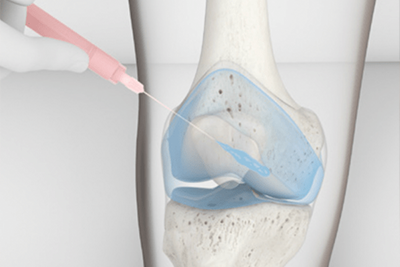- About our Clinic
- Men’s Health
- Testosterone Replacement Therapy
- Low Testosterone Test – Questionnaire
- Erectile Dysfunction Blood Test
- Online Erectile Function (IIEF-5) – Test
 Testosterone Replacement Therapy
Testosterone Replacement TherapyExplore options for restoring testosterone levels and enhancing vitality through tailored therapies.
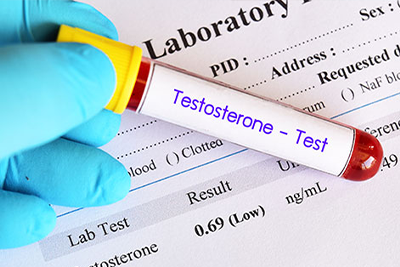 Low Testosterone Test – Questionnaire
Low Testosterone Test – QuestionnaireAssess your symptoms with a quick, confidential questionnaire to understand your testosterone levels.
 Erectile Dysfunction Blood Test
Erectile Dysfunction Blood TestFind out more about specialized blood tests designed to help diagnose erectile dysfunction.
 Online Erectile Function (IIEF-5) – Test
Online Erectile Function (IIEF-5) – TestTake the IIEF-5 test online to evaluate your erectile health and identify potential treatment paths.
- Fees
- Chiropractic
- Guided Injections
- Shockwave Therapy
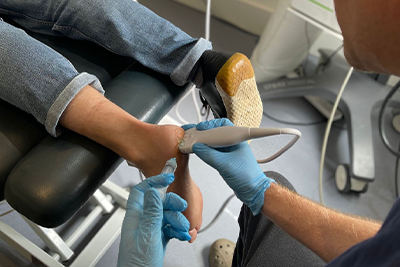 Plantar FasciitisDiscover effective treatments to relieve heel pain and inflammation caused by plantar fasciitis.
Plantar FasciitisDiscover effective treatments to relieve heel pain and inflammation caused by plantar fasciitis. Achilles Tendinopathy
Achilles TendinopathyLearn about specialized solutions for Achilles tendon pain to restore mobility and reduce discomfort.
 Calcific Tendonitis
Calcific TendonitisExplore advanced options to address calcium buildup in tendons and alleviate shoulder pain.
 Golfers Elbow
Golfers ElbowFind targeted and effective treatments to relieve inner elbow pain from overuse and strain.
 Tennis ElbowUnderstand therapies that target pain and inflammation from repetitive elbow movements.
Tennis ElbowUnderstand therapies that target pain and inflammation from repetitive elbow movements. - Contact Us
- Blog
How to Get a Cortisone Injection on the NHS: A Comprehensive Guide
Cortisone injections are commonly used to treat chronic pain conditions caused by inflammation, such as arthritis, sciatica, and tendonitis. These injections, especially for areas like the shoulder, knee, and hip, are popular treatments that help reduce pain and swelling around the joints.
If you’re suffering from joint pain and are seeking cortisone injection treatment through the NHS, here’s a step-by-step guide to help you understand the process.
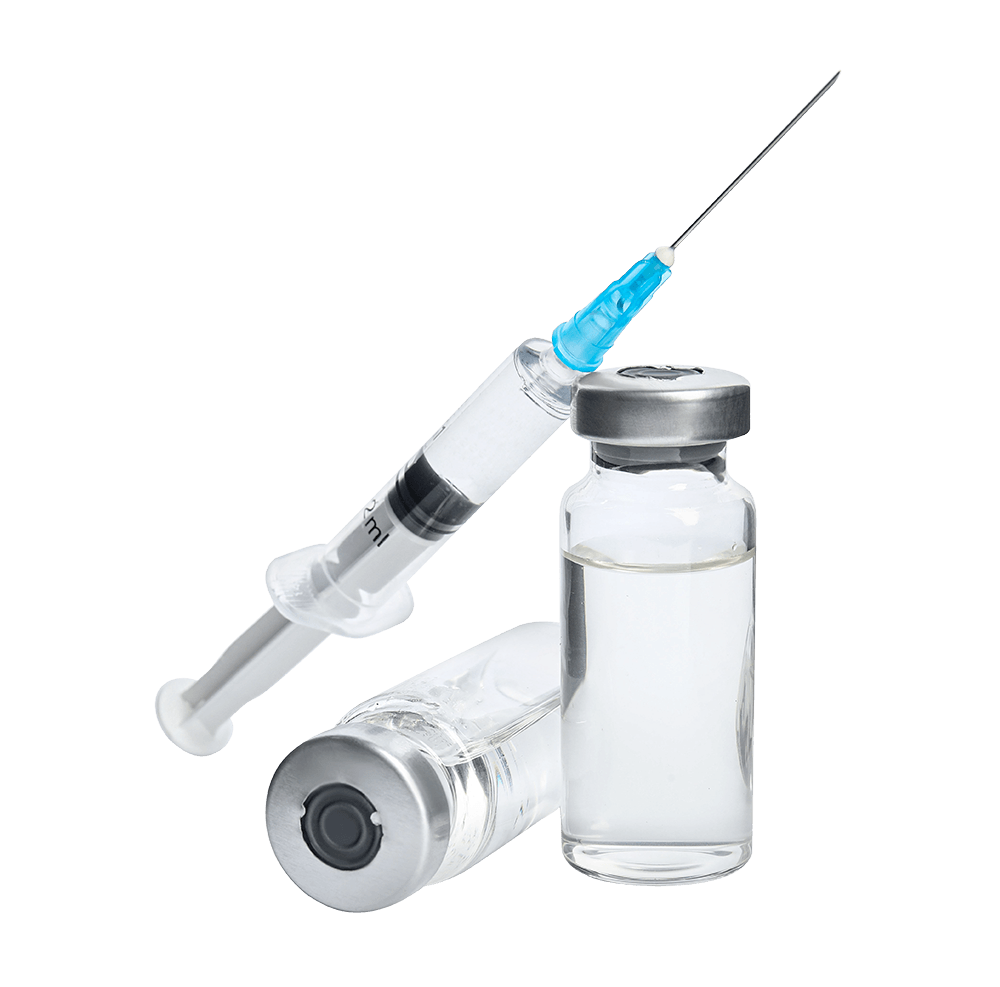
If you have Knee pain and would like to book a free consultation in our Tunbridge Wells clinic book here
Book an Appointment with Your GP
Your journey to getting a cortisone injection on the NHS begins by scheduling an appointment with your GP. During this consultation, your doctor will discuss your symptoms and medical history to determine the most appropriate treatment path.
Typically, GPs recommend non-invasive treatments before considering cortisone injections. These treatments may include:
- Lifestyle Changes: Your doctor may suggest increasing physical activity if you’re sedentary or losing weight if you have a high body mass index (BMI) to relieve joint stress.
- Medications: Nonsteroidal anti-inflammatory drugs (NSAIDs) like ibuprofen or naproxen can help reduce swelling and manage pain.
- Exercise Plans: Specific exercises may be prescribed to maintain flexibility and mobility in your joints.
- Physiotherapy: A physiotherapist can provide manual therapies such as massage and stretching to alleviate joint pain and stiffness.
If these conservative treatments fail to relieve your pain, you may then be considered for cortisone injections through the NHS. However, this can take time, as the process often involves exploring other treatments before opting for steroid injections.
Can My GP Administer a Cortisone Injection?
In some cases, your GP may be able to provide cortisone injections directly. If not, they can refer you to a specialist clinic or practitioner trained to administer them.
However, it’s important to note that cortisone injections are usually not a first-line treatment option on the NHS. GPs are more likely to suggest physiotherapy, pain medications, or exercises before considering steroid injections. If your pain persists over several months, you may be referred for further evaluation or treatment.
Why Might My GP Not Recommend a Cortisone Injection?
Your GP may decide that cortisone injections are not the best option for you. Some common reasons include:
- They are unsure if your pain is caused by inflammation.
- The potential risks of cortisone injections outweigh the benefits.
- You have previously received a cortisone injection without significant relief.
- There may be an underlying injury causing your pain that needs further investigation.
If you feel unsure or have questions about their recommendation, don’t hesitate to ask for clarification. If you’re still seeking cortisone treatment, you may want to explore private options.
Can I Self-Refer for a Cortisone Injection?
Yes, you can self-refer for a cortisone injection at a private clinic. At Vale Health Clinic in Tunbridge Wells, we offer free consultations for all patients. Self-referring allows you to avoid NHS waiting times, which can be lengthy, particularly for chronic pain treatments. While private treatment comes with a cost, it typically allows you to access cortisone injections more quickly, giving you faster relief.
Alternatives to NHS Cortisone Injections
If you don’t want to wait for NHS treatment or have been advised that cortisone injections aren’t suitable for you, there are alternative ways to manage your joint pain. Here are some options:
- Private Cortisone Injections: At Vale Health Clinic, we offer cortisone injections with same-day diagnosis and treatment, starting at just £250. Our specialists will assess your condition to determine if cortisone injections are right for you.
- Pilates: Regular Pilates can strengthen muscles, increase stability, and reduce joint stiffness, offering longer-term pain relief.
- Shockwave Therapy: This treatment uses acoustic shockwaves to target areas of inflammation, breaking down scar tissue and promoting healing.
- Platelet-Rich Plasma (PRP) Therapy: This cutting-edge treatment uses your body’s own platelets to accelerate healing in damaged tissues.
- Bone Marrow Aspirate Concentrate (BMAC): BMAC therapy involves harvesting stem cells from bone marrow to promote tissue regeneration, especially for tendon injuries. This is available at our sister clinic in London Bridge.
At Vale Health Clinic, we provide tailored treatments to suit your condition, helping you find the most effective solution for fast, affordable pain relief.
Whether you choose to go through the NHS or a private clinic, cortisone injections can offer significant relief for chronic pain. If you’re considering private treatment, book a free consultation with Vale Health Clinic in Tunbridge Wells today to explore your options.
For more information, see the latest NHS waiting times or contact our team to book your initial assessment.
AT A GLANCE
TREATS
Tendons and joints
ANAESTHESIA
Local anesthetic + antibiotic
DURATION
40 minutes
RECOVERY
48h of reduced activity
Safe and sustained pain relief
Minimal side effects
Fast pain relief
An effective pain relief option
MEET THE TEAM

Gary Edwards
Doctor of Chiropractic and Injection therapy
Book Your Consultation
To book you free consultation, please complete the form below. One of our practitioners will contact you to discuss your condition and schedule your appointment.












